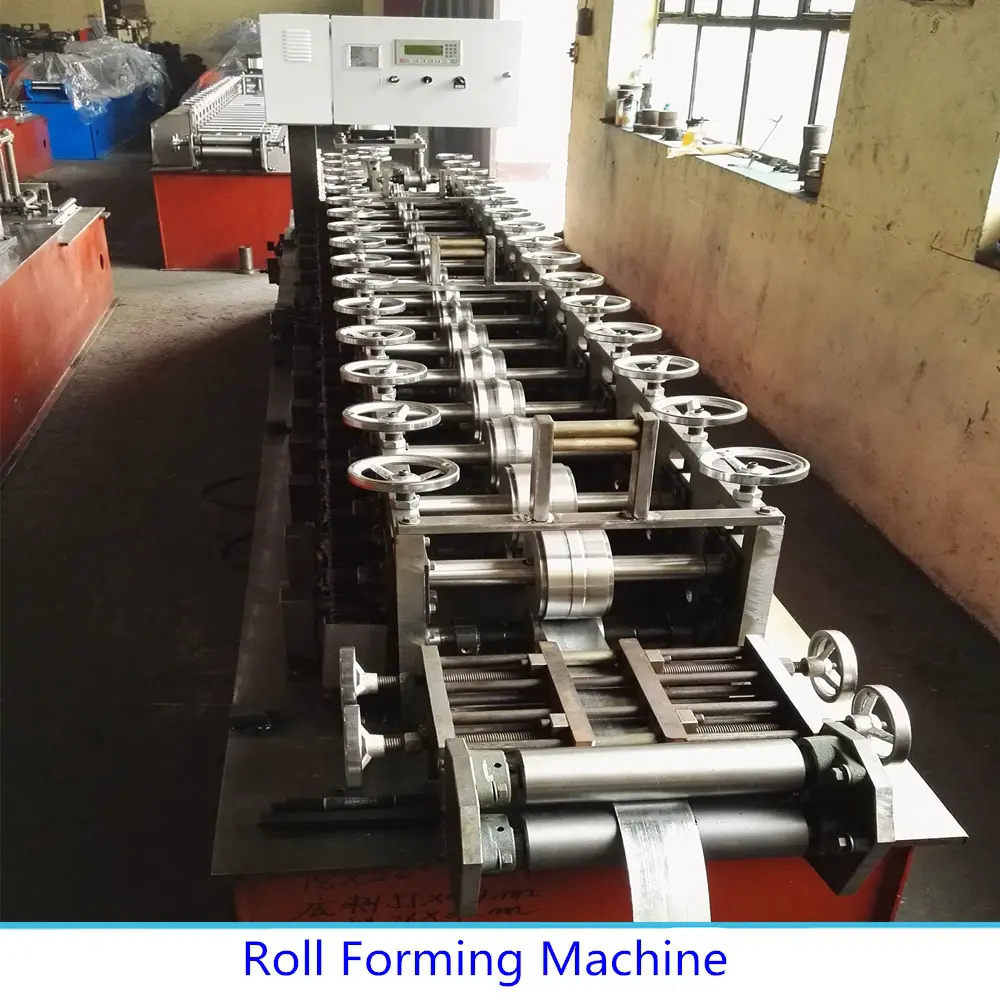
The Importance of Metal Forming Machines in Modern Manufacturing
In the ever-evolving landscape of manufacturing, metal forming machines play a critical role in transforming raw materials into finished products. These machines utilize various techniques to deform metal into desired shapes and sizes, significantly contributing to industries such as automotive, aerospace, construction, and electronics. As technology advances, the efficiency and precision of these machines continue to improve, making them indispensable in modern manufacturing processes.
Metal forming encompasses a wide range of processes including forging, stamping, bending, and rolling. Each method serves specific applications and varies in complexity and machinery involved. For instance, forging is often used for producing high-strength components, where metal is heated and then shaped under pressure. Stamping, on the other hand, is widely used for producing flat sheets and components by cutting or pressing metal into specified shapes.
One of the most significant advantages of using metal forming machines is the ability to create parts with a high degree of precision. In industries like aerospace, where safety and performance are paramount, the precision of components can significantly impact the overall safety of the aircraft. High-quality metal forming machines are designed to maintain tight tolerances, ensuring that every part produced meets the rigorous standards of industry specifications.
Another advantage lies in the material efficiency of metal forming processes. Unlike subtractive manufacturing methods that remove material to create a part, forming methods typically use the entire piece of metal, minimizing waste. This not only conserves resources but also reduces costs for manufacturers. In a world increasingly focused on sustainability, this efficiency is crucial.

Moreover, automation has transformed the landscape of metal forming. Advanced CNC (Computer Numerical Control) machines and robotics have made it possible to produce parts at an unparalleled speed and consistency. Automation reduces human error, enhances safety, and allows for the continuous operation of machines, further increasing productivity. Smart technologies, including IoT integration, provide real-time data analysis and monitoring, allowing manufacturers to optimize their processes and predict maintenance needs.
However, the investment in metal forming machines can be substantial. Businesses must consider the initial costs, maintenance, and possible training requirements for operators. To mitigate these challenges, many manufacturers are opting for leasing or upgrading existing machinery rather than purchasing new equipment outright. This approach allows them to access the latest technology without the burden of large capital expenditure.
The future of metal forming machines looks promising, with ongoing advancements in technology. Innovations such as additive manufacturing techniques and hybrid manufacturing processes are beginning to complement traditional metal forming methods. These hybrid methods combine the benefits of both additive and subtractive technologies, allowing for even greater design flexibility and complexity in part production.
In conclusion, metal forming machines are essential to the backbone of modern manufacturing. Their ability to produce high-quality, precise components while minimizing waste makes them invaluable across various industries. As technology continues to advance, we can only anticipate further enhancements in machine capabilities that will enable manufacturers to remain competitive in a global market. For companies looking to thrive, investing in advanced metal forming machines is not just an option; it is a necessity for ensuring future growth and success.